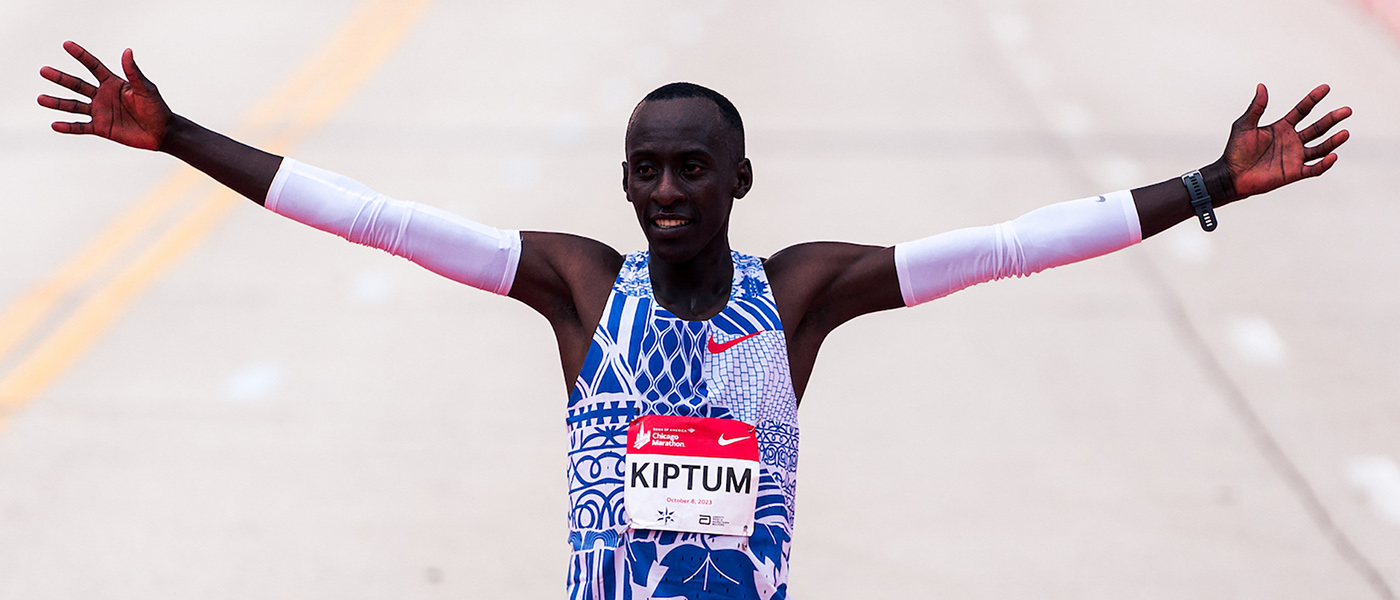
Training for a marathon is a long-term commitment. And during that time, it’s not uncommon to encounter any number of obstacles that can interrupt your training schedule.
Injuries, illness, life events and mental health issues can all require you to step away from your marathon goals.
While disappointing, it’s important to remember that these temporary setbacks are just that: temporary. However, it’s no secret that getting back into your regular routine can sometimes feel like ascending Boston’s Heartbreak Hill.
So what impact does a running hiatus have on the brain, and what are some ways to get back in the right training headspace?
We asked Dr. Beth McQuiston, a board-certified neurologist, registered dietician and medical director of Abbott’s Diagnostics business, to explain.
Mind Matters
According to McQuiston, not exercising can start to have neurological impacts after approximately 10 days. Levels of cortisol, your body’s primary stress hormone, may increase, which can result in an impaired stress response, increased anxiety, and a decreased sense of well-being.
Elevated cortisol levels can also decrease brain-derived neurotrophic factor (BDNF) expression, a molecule known to impact learning and memory. Finally, your feel-good brain chemicals, such as dopamine and serotonin, may take a hit, leading to anxiety and sleep disturbances.
There’s good news, however! Once you start running again, blood flow and BDNF increase, and cortisol levels quickly go down.
Getting Back on Course
When it comes to bouncing back from a training setback, McQuiston suggests following these tips. Visualize Your Desired Outcome
If you haven’t been cleared to start running or are still recovering from an injury, try visualization, which is a popular therapy technique.
“Visualization can be a powerful tool when you’re unable to physically train,” McQuiston says. “Imagining yourself completing your goals can help you work past mental blocks that might interfere with your training.”
Not sure quite what to visualize? It can be as simple as picturing yourself training, crossing the finish line or even going about your daily life after the setback.
Set Short-term Goals
When you feel like you’re starting from ground zero, getting back up to speed can feel daunting. Completing short-term goals can help you feel more accomplished, even if you’re not able to make as much progress as prior to your setback.
“When you set a goal, your brain gives you a mental chemical boost when you achieve it,” McQuiston says.
Setting goals can also be a way to care for your mental health when injury or illness prevents you from training. Running releases dopamine in the brain, which gives you the “runner’s high” familiar to many marathoners. Accomplishing short-term goals each day can help give you the mental boost you’re missing without the daily dopamine release from training regularly.
Write Down Your Goals
McQuiston also recommends writing down goals to help feel more accomplished in your training. Whether it be with pen and paper or the notes app on your phone, committing to written goals can help you think through what you’re trying to achieve and get a clearer vision of what you’re setting out to accomplish. And who doesn’t love the satisfying feeling of crossing off a completed action item?
Reframe Your Thoughts
Changing the way you view your setback can have a powerful impact on the brain. “Focusing on reframing your thoughts can help you avoid negative-thought spirals that can distract you from recovering,” McQuiston says.
How can you reframe a setback? Try thinking about it as an opportunity to grow and get stronger rather than a major challenge. Keep this reframed language in your mind whenever you find yourself feeling stuck or upset.
Other news

Kebede eyes history in Tokyo

Episode 84: Hall In For Tokyo! - Marathon Talk meets Sara Hall as we preview the Tokyo Marathon



